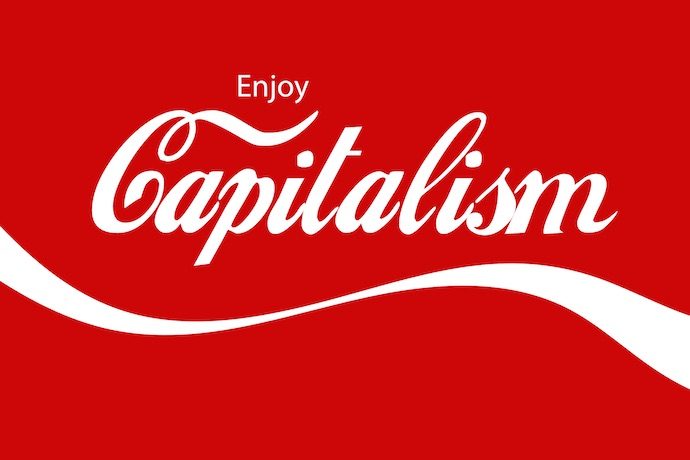The question about religion’s helpfulness must always be bracketed, of course, because American religion—defined for current purposes as Prosperity Protestantism—has so obviously not been helpful within our collective memories. But this seems to me a moment when we need to look at our bracketing and our reasons for doing it, as we cannot afford to indulge old reflexive habits in this dangerous new period.
In taking in what the provocative Harper’s essayists have to say, I am inching my way toward thinking that there is a way to talk about religion and to engage with religion that is neither creepily apologetic (in either the old or new meaning of that term) nor creepily antiseptic and thus untrue to religion’s rhapsodic dimension.
Four of the ten Harper’s essayists stand out: Corey Robin, Wesley Yang, Tim Barker, and Sarah Schulman.
Robin’s “The Dream of the Enemy” may be the best of the lot. In just eight compressed paragraphs, Robin reminds us that today’s multicultural neoliberalism, epitomized by Hillary Clinton’s campaign, is essentially backward-looking and fear-based. The gist of Robin’s argument:
A liberalism that needs monsters to destroy can never politically engage with its enemies. It can never understand those enemies as political actors, making calculations, taking advantage of opportunities, and responding to constraints. It can never see in those enemies anything other than a black hole of motivation, a cesspool where reason goes to die.
The religion of Trump supporters is clearly one of the primary things that our neoliberal elites consign to the black hole. They shudder to think what might be in this particular Pandora’s box.
Robin frames the alternative to multicultural neoliberalism as a multiracial social democracy, the kind of thing Bernie Sanders was pointing us toward. Robin doesn’t say, but I will say, that the path to social democracy in the American context runs through American religion, not around it.
Wesley Tang’s critique of neoliberalism’s twinned commitments to mass immigration and free trade also has social democracy in view. He points to the economic violence of the decades-long “meritocratic” project, which has concealed the immiseration of a white working class that “increasingly comes to resemble the black underclass in indices of social disorganization.” Tang does not say, but I will say, that a politics rooted in the God-given dignity and equality of each person can and should supplant a toxic protest politics rooted in white nationalism. Religion can function as a mediating force, and if we weren’t so damned amnesiac in this country we would be able to recall examples of that from our mixed history.
Tim Barker brings the helpful terms “racial capitalism” and “social reproduction” to bear on the challenge of preserving a commitment to identity politics within the broader project of fomenting revolution from below.
Barker urges us to recognize that “the struggles currently glossed as ‘class’ and ‘identity’ are both capable of sketching broad, universalizing horizons or narrow, particularizing ones: the causes can bring people together or divide them to be conquered.” Barker concludes: “We need constructive engagement across the boundaries that currently exist. In the end, it is not a question of winning an argument but of defeating an adversary.”
Barker cites religion as one of the axes of division and antagonism. He does not say, but I will say, that religion rooted in basic human equality is one of the best bridges for “constructive engagement.”
In her “Lessons from the Last Fight,” Sarah Schulman evokes the powerful resistance culture represented by ACT UP and the Lesbian Avengers in the struggle for the compassionate treatment of people suffering with HIV and AIDS. She reminds us that this culture thrived from an ethic of “mutual recognition”: respect for what other activists were doing, whether or not that particular action matched one’s own preference. And Schulman contrasts the arid and reflexive left-liberal habit of organizing “passive demonstrations…in which people stand out in the cold listening to speakers” with “pointedly symbolic actions, organized and performed by people trained in nonviolent civil disobedience…”
Again, Schulman does not say, but I will say, that religion knows a great deal about the power of “pointedly symbolic actions” undertaken by people steeped in revolutionary nonviolence.
All of this leads me to wonder whether any of the progressive funders that have invested so much for so long in promoting fear-based multicultural neoliberalism might now be ready to consider other approaches, including approaches that show some respect and understanding for religion’s unique place in the culture and its possible contributions toward incubating a new and better politics.
It’s a question worth asking.





